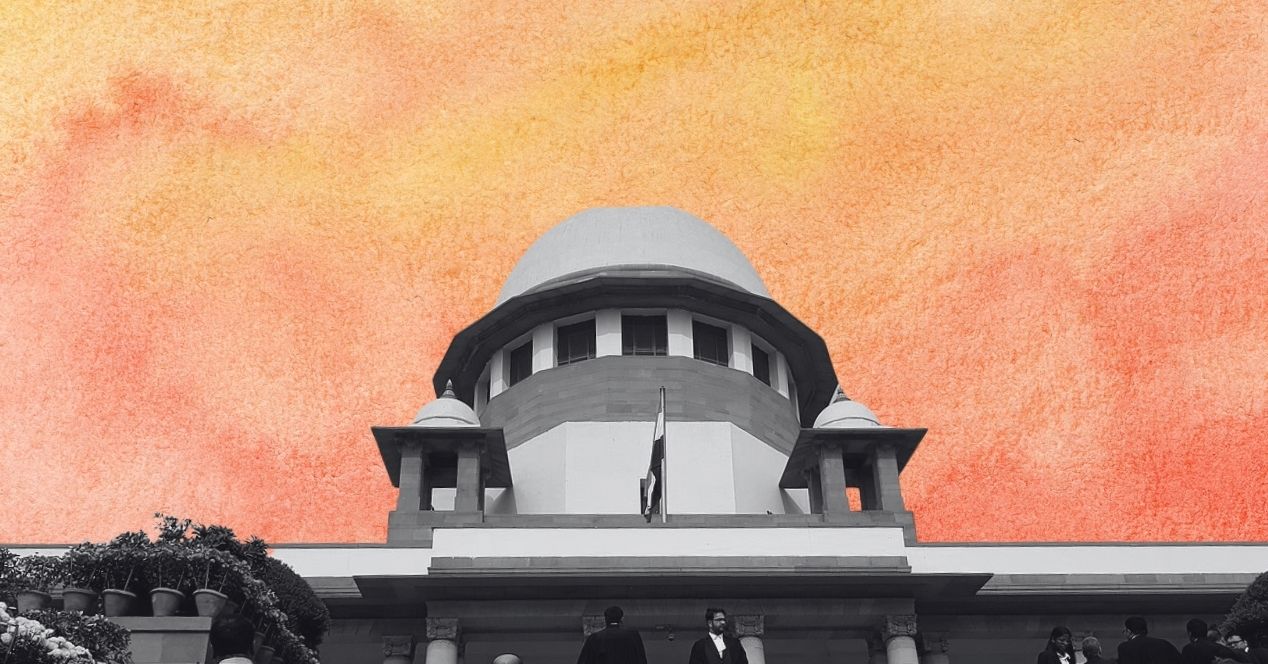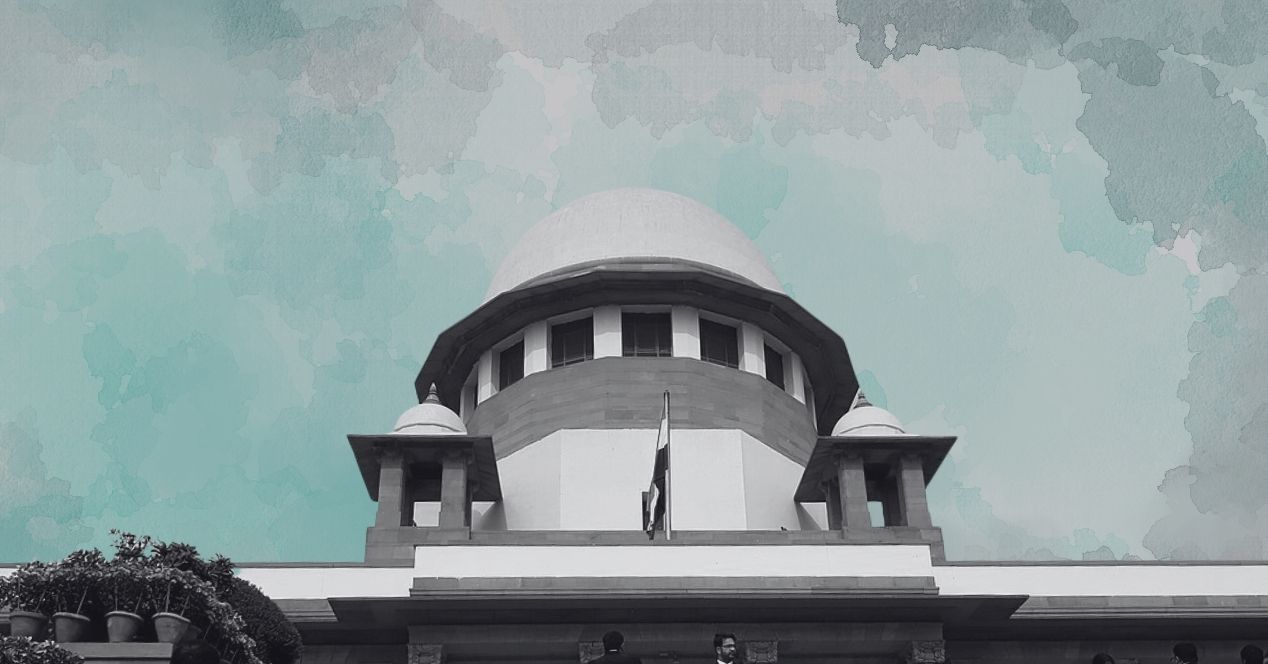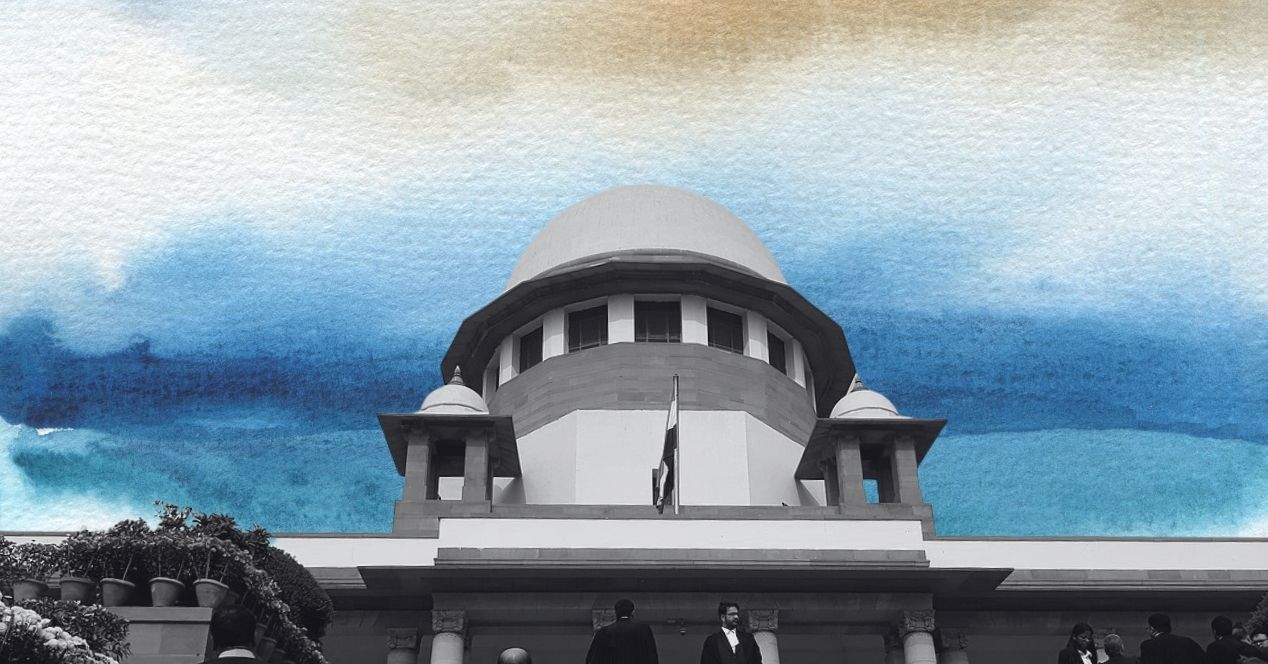Summoning New Accused: Judgement Summary
Summoning New Accused After the Judgment is DeliveredJudges: Abdul Nazeer J, B.R. Gavai J, A.S. Bopanna J, V. Ramasubramanian J, B.V. Nagarathna J
On December 5th, 2022, the Supreme Court held that once a trial is complete, the State cannot add a new list of names as accused for the crime in the same trial and summon them. With this judgement the top court clarified the scope of Section 319 of the Code of Criminal Procedure, 1973 (CrPC) which allows for adding persons found guilty of the crime—but were previously unnamed in the case—to a case during the progress of the trial. Justice A.S. Bopanna authored the unanimous judgement delivered by the 5-Judge Constitution Bench.
Background
On October 31st, 2017, a sessions court convicted 9 persons for offences under the Narcotics and Psychotropic Substances Act, 1985, the Arms Act, 1959, and the Information Technology Act, 2000. The remaining two accused were acquitted. On the same day, after the judgement was delivered, the court issued an Order (under S.319 of the CrPC) summoning five new accused persons in the same case. This included Mr. Sukhpal Singh Khaira (Opposition Leader in the Punjab Legislative Assembly).
The five newly accused persons filed revision petitions against the summons before the Punjab and Haryana High Court claiming that they cannot be summoned in an already concluded trial. This, they argued, deprived them of their right to hear the accusations against them and to defend themselves. On November 17th, 2017, the High Court upheld the summoning Order and dismissed the petitions. Subsequently, the parties approached the Supreme Court.
The matter was referred to a 5-Judge Constitution Bench on May 10th, 2019 and hearings commenced on November 15th, 2022.
Can a Trial Court Summon a New Accused Under Section 319 of the CrPC After the Trial Has Concluded?
The Supreme Court held that a trial court may summon new accused persons in a trial, as stated by Section 319 only when proceedings are pending or ongoing. The words ‘in the course of any… trial’ in Section 319 of the CrPC indicate that this power may be used only before the trial concludes. However, a trial will be considered to conclude at different stages depending on the trial court’s judgement. If the court acquits the accused persons, the trial will conclude when the acquittal Order is passed. However, if the court decides the accused are guilty, the trial will be concluded only after an Order passing the sentence (or punishment) is pronounced.
If a trial court summons new accused persons in a trial on the same day that the trial concluded, the validity of the summons will depend on the specific facts and circumstances of the case. If the summons Order is passed before the acquittal Order or the sentencing Order (depending on the verdict), it will be valid.
The Court further held that once the new accused persons are summoned, the proceedings against them must begin afresh and all the witnesses will have to be re-examined in their presence. Any evidence recorded before their involvement in the proceedings cannot be used against them. This is so that the newly accused persons are not deprived of their right to hear the charges against them and to defend themselves. However, the court may decide whether to conduct a fresh joint trial against all the accused or to hold a separate trial for the newly summoned persons.
If a trial has been split-up against certain absconding accused, can new accused be summoned in the split-up trial instead of the main trial?
A new accused person can only be summoned in that specific trial in which the evidence required to summon them was recorded. If a court bifurcates or splits up a trial against certain absconding accused persons and completes the main trial, additional accused persons cannot be summoned in such a split-up trial based on evidence recorded in the main trial.
However, if the evidence required to summon the new accused was recorded in the split-up trial, then the court can issue a valid summons against them.



